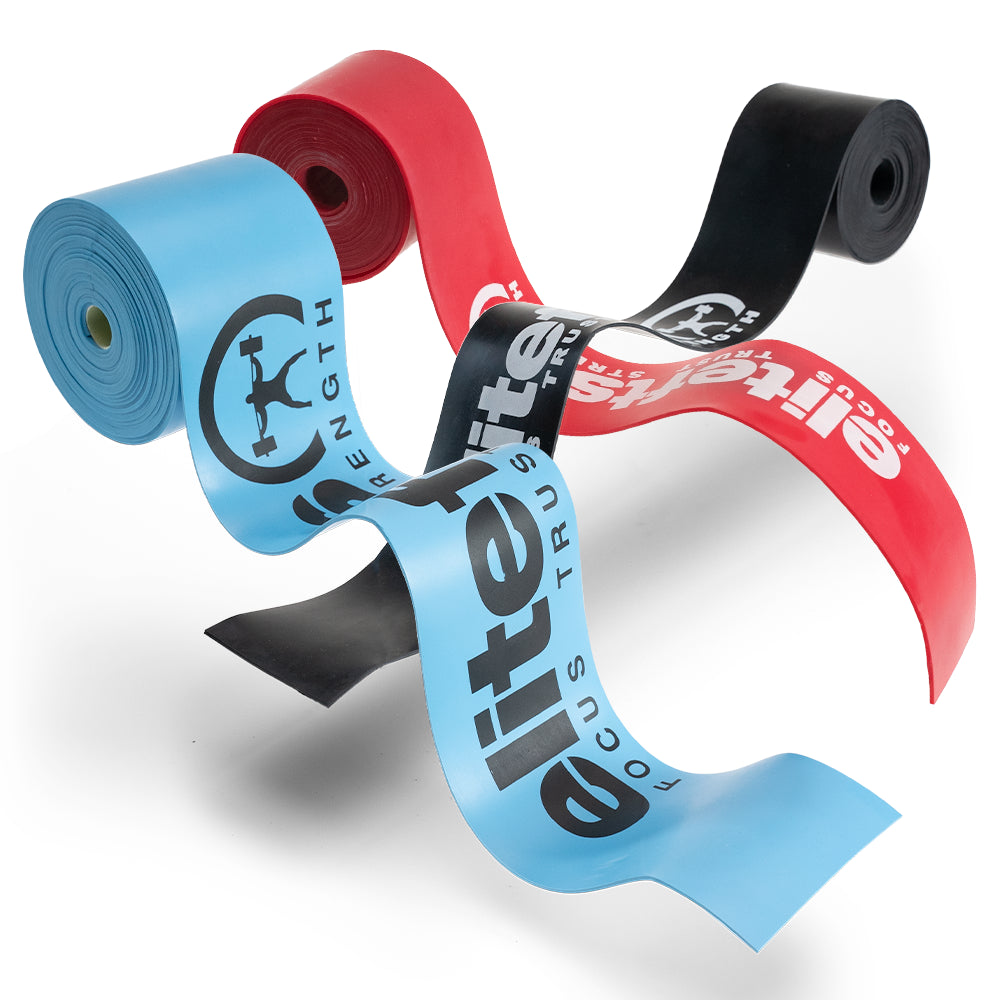Originally posted February 2006
Did you hear the one about the guy that gets 200lbs out of his bench shirt? We’ve all heard these stories about the guy that can only raw bench press 225lbs but can bench 700lbs with a bench shirt on. It’s a sort of thing that is both despised and respected in the powerlifting world. But how accurate are these numbers? We must consider all of the facts:- The bench shirt max is done at a meet. This is done with a heightened state of arousal, a lay off to ensure proper rest and some extreme adrenaline.
- The raw max is done in training, with some arousal (but nowhere near how one gets at a meet), no peaking and less adrenaline.
- Eat clean.
- Have a balanced life.
- There is a link between your mental and physical health.
- Drink water.
- Have interests outside of training.

Did you hear how gorillas only eat fruits and vegetables and so should you? Now those that say this are always quick to tell me how strong gorillas are. They also claim that I don’t need to eat any meat to be healthy. I’m also quick to point out that I’m not a gorilla. Then I usually tell them that the average gorilla penis is 1.5 inches long. Of course, they get very mad about it. But then I ask about bears, tigers, lions…all of these animals seem very strong and muscular and they eat meat. Then I ask them what about Essential Amino Acids and Essential Fatty Acids? Where do they come from? Broccoli? And if they are labeled “Essential” then they are probably fairly important. They counter that by talking of legumes, beans and nuts. Good luck. You’ll be eating all day. So what happens to animals and humans that don’t live in a tropical environment? You mean to tell me that where they live will influence what they eat? How radical! So maybe the gorilla eats this way because the environment forced him to? Maybe that’s why Eskimos eat a lot of fish. You may have some better argument for me to stop eating all chicken, beef, eggs, etc. But DO NOT use the Gorilla Argument. It makes you sound like a monkey. Did you hear that the squat is the king of all exercises? I can’t believe I’m writing this. I will qualify this by saying that I believe that the squat and the deadlift are probably the best overall exercises one can do. But what happens if a person cannot squat? Let’s say that a young athlete has such a weak mid-section and hips that he cannot perform the squat with correct form. Do you squat him? Common sense says, no. But all of our training guidelines tell you, “You’ve got to squat!” Now those that believe one to be less than a man (hung like a gorilla!) for not squatting, I say you are a crappy coach for endangering your athlete. Now some will argue that the coach needs to spend the time teaching form and technique. I believe this to be true. But if you cannot load the bar with something that resembles any kind of challenge, you are missing the boat. You have limited time in the weight room so a coach must find the most efficient and safest way to strengthen the legs. Remember there are other ways to load the legs. I have found a lot of success in doing bodyweight squats, sled dragging (probably the most effective), wall sits, single leg variations, leg presses, etc. These exercises will strengthen the legs and hips and will eventually allow them to squat. Bottom line: the squat is a great exercise if it is performed correctly. If an athlete is physically unable to perform them, find other means to get his legs stronger. If you do things correctly and with patience, you and the athlete will be rewarded. Did you hear that only weight room numbers matter? I really didn’t know what to title this section, but I feel compelled to write this. The other day a friend of mine, who has a high school aged son, came to me with this statement: “I was told by a high school combine agency [I’m not sure what to call it – Jim] that the average reps on the 225 bench test for an incoming football freshman at a Division I-A school is 19.” My first reaction was for him to repeat the statement. Having being part of college athletics for several years, as a player and a coach, I can say with complete confidence that this is completely false. I even called several friends of mine to ask their opinion. I would say that the average test is about 5-6, with some of the stronger athletes achieving about 12-15. I think that this combine agency, or whatever you want to call it, is simply trying to scare the father and get some money out of him. (They source out “trainers” for these high school athletes.) In my years at Arizona and Kentucky, I rarely heard a pro-scout ask about lifting numbers. Here is a sample list of questions that were asked:
- Are they on time to their workouts?
- Do they have a good work ethic?
- Do their teammates like them?
- Are they leaders?
- Do they have kids?
- Are their parents divorced?

































































































